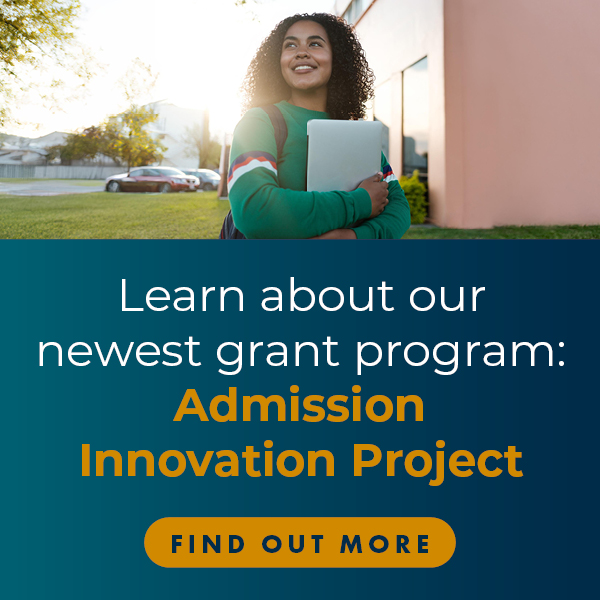Since launching our grantmaking activities in 2014, we have awarded over $26.4 million in support of our research priorities: access, affordability, and the value of legal education.
Awarded Grants
Grant Program
Grant Status
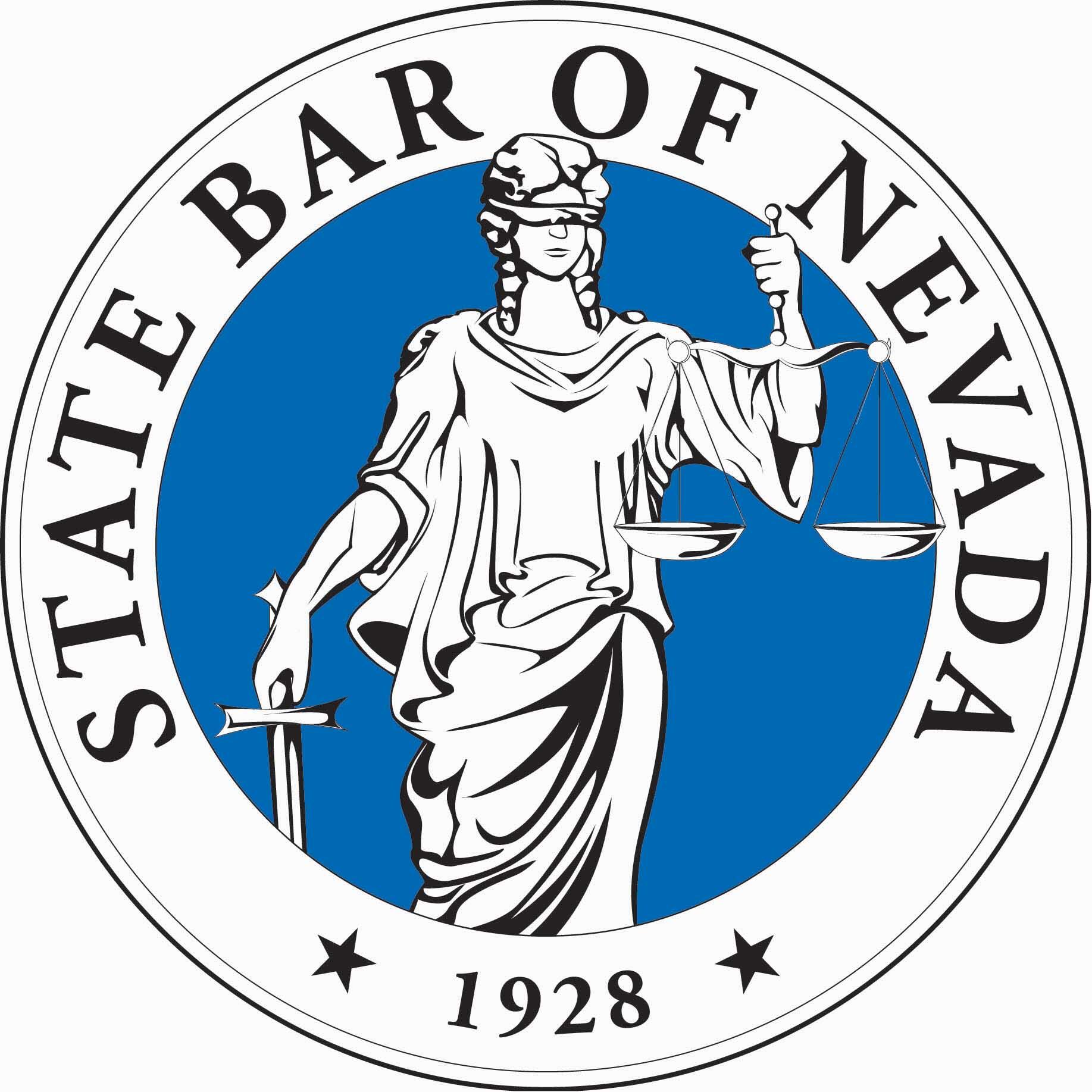
UC Hastings College of the Law
This project would test the validity of the Nevada bar exam and, by extension, state bar exams generally. The objective is to determine whether and to what extent state bar exams are predictive of practice capacities.
To read more, please visit A better bar exam? Law profs weigh in on whether test accurately measures skills required for law practice.
View grant outcomes.
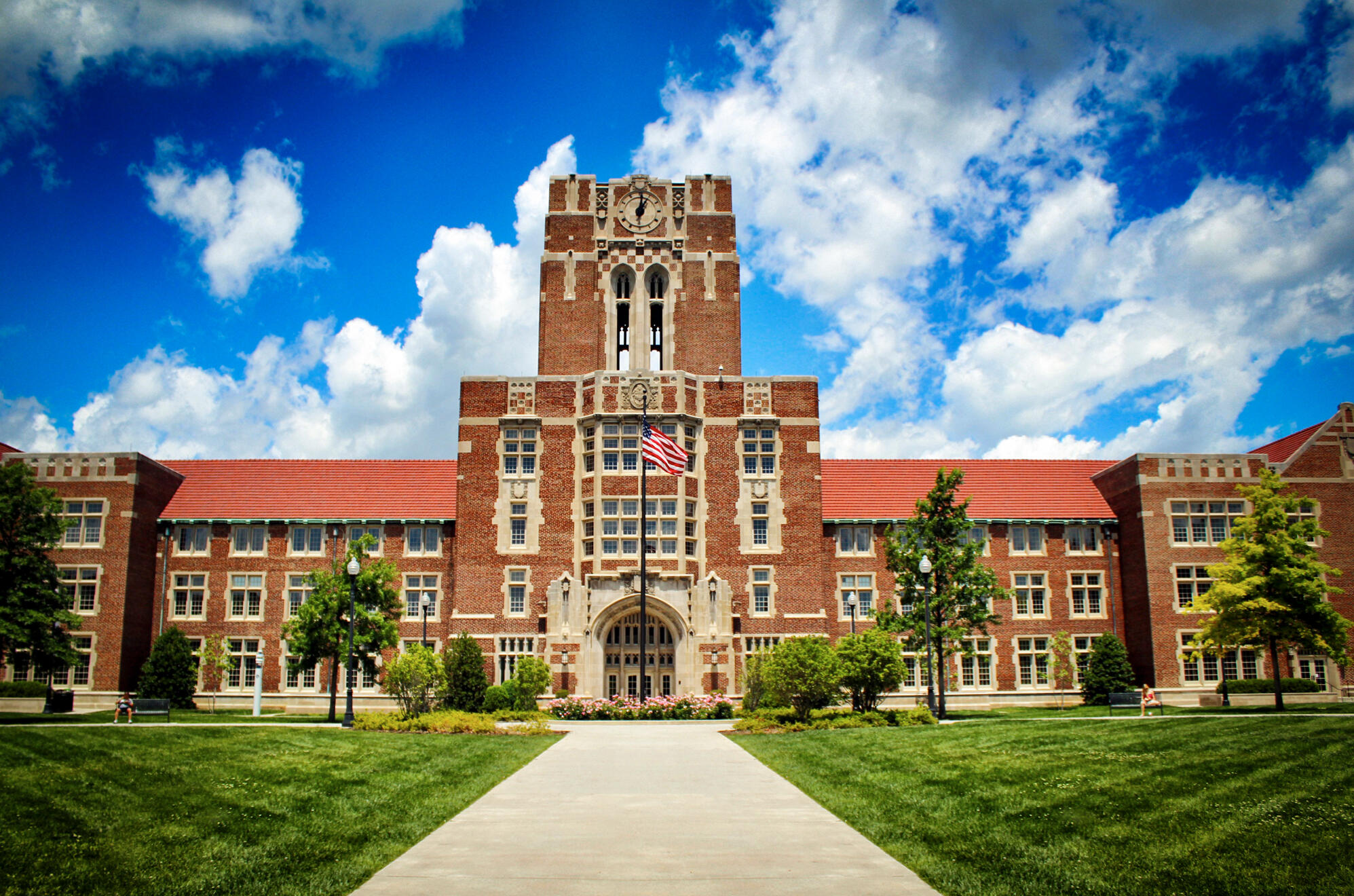
University of Tennessee
A $50,000 research grant was awarded to Louis Rocconi, Assistant Professor at University of Tennessee’s College of Education, Health & Human Sciences, to examine the relationship between law school rank and student engagement.
To read more, please visit AccessLex Institute Announces Grant Winners
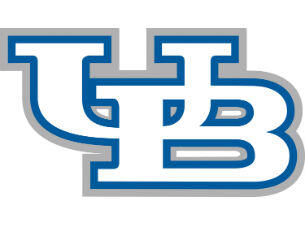
University at Buffalo
A $49,925 research grant was awarded to Jaekyung Lee, Professor at University at Buffalo’s Graduate School of Education, to study academic and sociocultural readiness for postgraduate education among immigrant and international students to promote equal access and success in graduate/professional schools.
To read more, please visit AccessLex Institute Announces Grant Winners
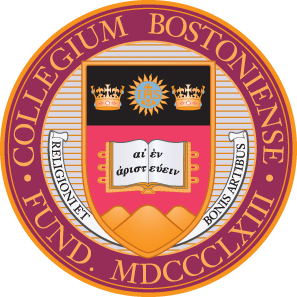
Boston College
A $49,978 research grant was awarded to Andrés Castro Samayoa, Assistant Professor at Boston College’s Lynch School of Education and Human Development, to explore how Latinx students and university officials at differently-ranked law schools articulate the value of legal education.
To read more, please visit AccessLex Institute Announces Grant Winners
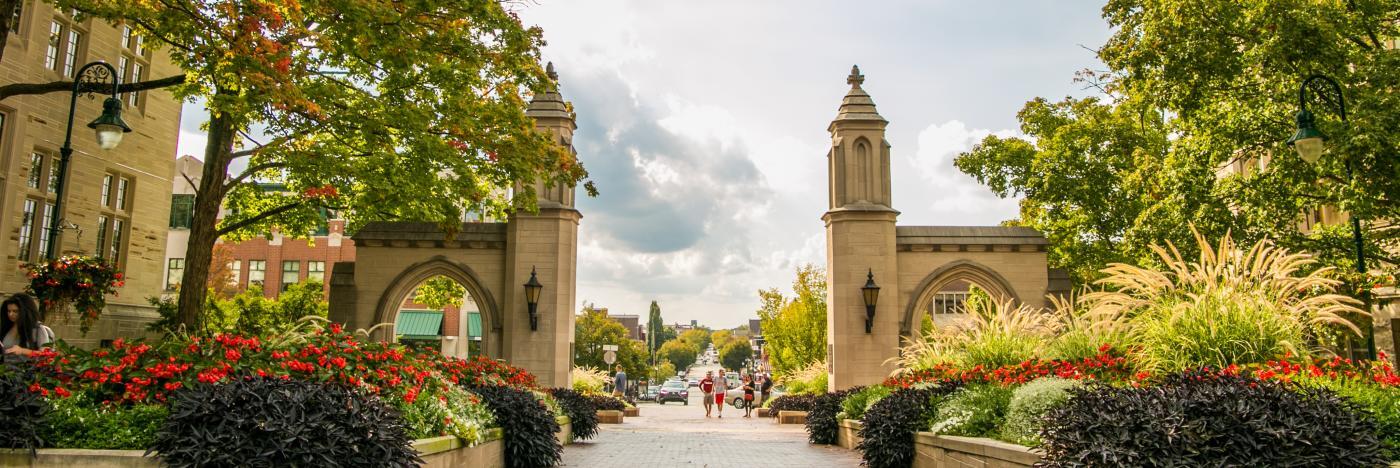
Indiana University Maurer School of Law
A $24,600 research grant was awarded to Elizabeth Bodamer, Ph.D. candidate in Sociology at Indiana University, to study the law school experience of minority students.
To read more, please visit AccessLex Institute Announces Grant Winners
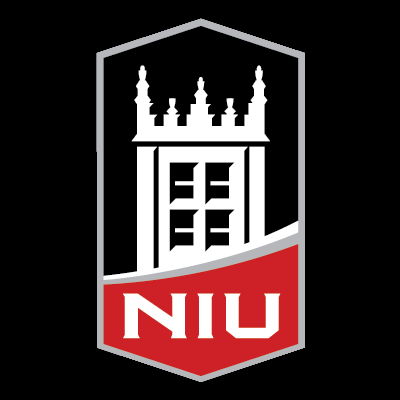
Northern Illinois University
The Legal Education, Access, and Recognition (LEARN) Program provides students from underrepresented minority groups and economically disadvantaged backgrounds with tools to support law school matriculation including rigorous LSAT preparation, tutoring and access to materials to improve admission rates, review of personal statements and resumes, application preparation support, and practice interviewing, and mentorship.
To read more, please visit NIU Law creates innovative program to decrease barriers to law school
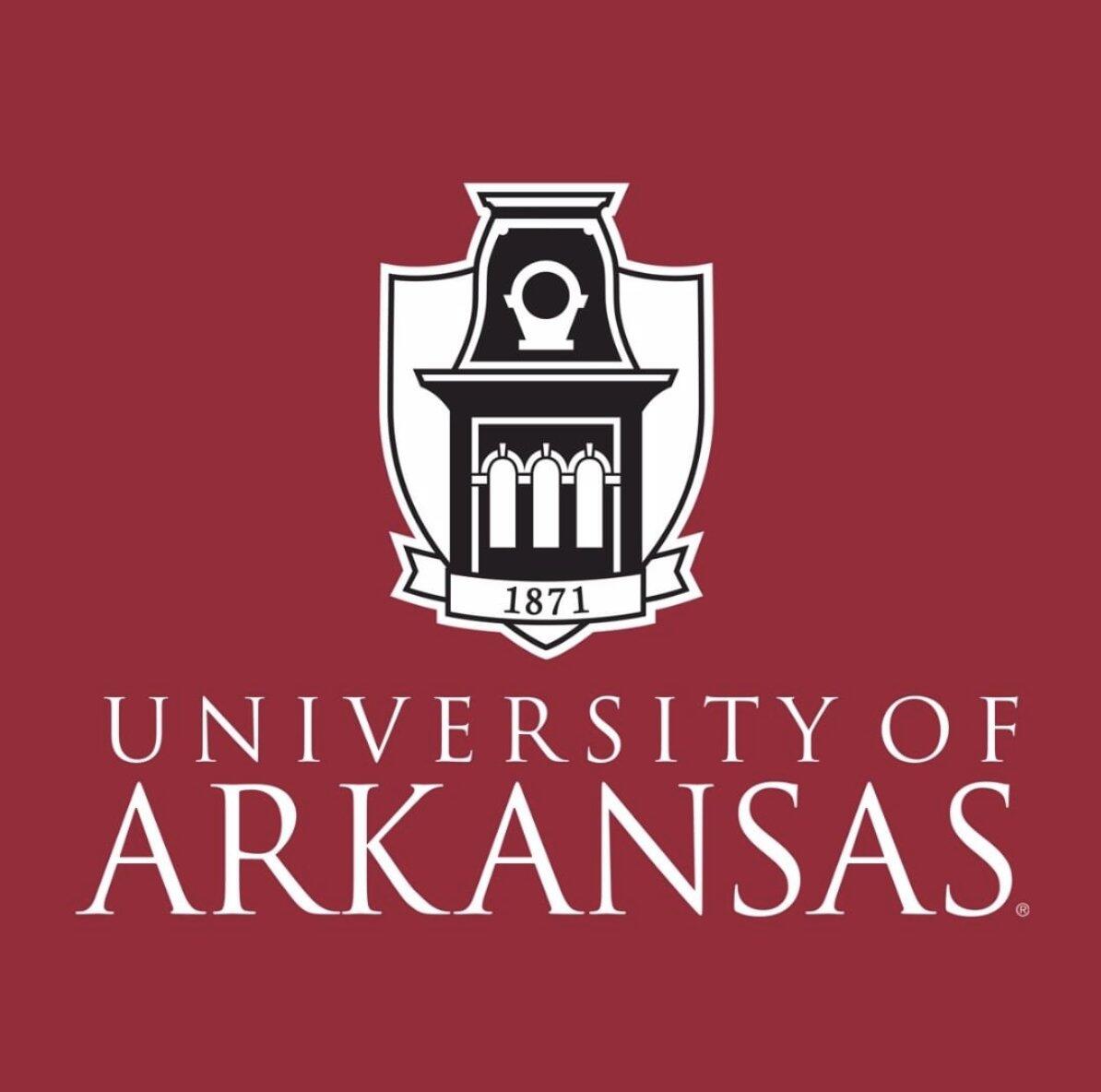
Board of Trustees, University of Arkansas, Fayetteville
The Summer Pre-Law Program (SPPARK) is a three-week residential summer program that will expose 25 undergraduate students to careers in the law and preparation for law school through LSAT preparation, academics, professional development, guest speakers, and field trips. The program focuses on the inclusion of minorities, first generation college students, economically disadvantaged students and other populations historically underrepresented in law school and the legal profession.
To read more, please visit Law School Welcomes 23 Students for Intensive Summer Pre-law Program

Council on Legal Education Opportunity
The goal of the CLEO Legally Inspired Cohort (CLIC) 2.0 program is to enhance access to legal education for students from diverse backgrounds. This grant will be a continuation and expansion of the 2016 CLIC program, funded in large part by AccessLex that enabled 15 students of color, whose LSAT scores ranged from 128 - 144, to successfully matriculate the first year of law school.

The Board of Trustees of the University of Illinois on behalf of The John Marshall Law School
This grant supports a study of the impact of High performance cognitive training – Strategic Memory Advanced Reasoning Training (SMART) has on improving cognitive performance, and thus academic performance and bar passage.
To read more, please visit Texas Tech adopts SMART brain training for its 1Ls



